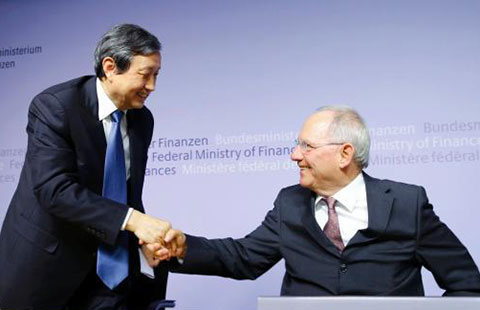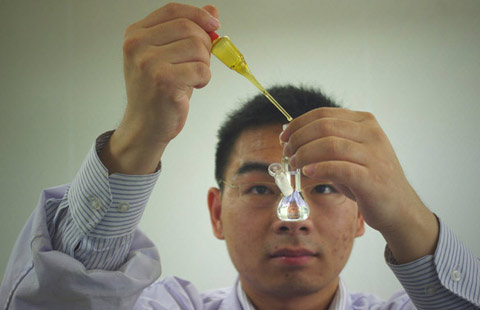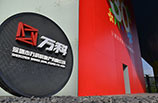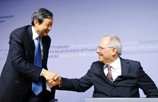Audi refocuses its priority to accommodate 'new normal'
By Gong Zhengzheng (China Daily) Updated: 2015-03-16 10:13
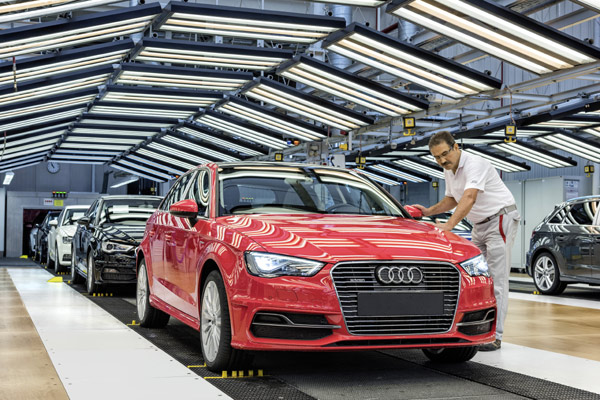 |
|
The Audi A3 Sportback e-tron model rolls off the production line in Ingolstadt, Germany. [Photo provided to China Daily] |
At an annual press conference in Ingolstadt, Germany, last week, Stadler said the Chinese market is expected to account for 35 percent of the company's annual global sales of 2 million units before 2020. Last year, Audi moved 1.74 million cars globally.
Chinese Premier Li Keqiang lowered the country's economic growth target to 7 percent this year from last year's 7.5 percent in his work report during the third session of the 12th National People Congress which closed yesterday.
Calling new-energy vehicles one of the "strategic emerging industries", Li said the government would continue to promote the use of such vehicles this year to cut emissions and air pollution.
The Chinese government now provides subsidies to buyers who choose new-energy vehicles, including purely electric, plug-in hybrid and fuel cell cars.
Other carmakers are also keen to introduce new-energy cars into China. BMW in January launched a locally made 5 Series plug-in hybrid sedan.
Audi, together with its parent company Volkswagen Group, now runs a joint venture with China's FAW Group. The venture has plants in the northeastern city of Changchun and in Foshan in the south to produce Audi cars, such as the A6, A4, A3, Q5 and Q3.
Audi's global sales revenue rose by 7.8 percent on 2013 to be valued at 53.79 billion euros ($56.5 billion) last year. The company's profits before tax also soared by 12.5 percent to 5.99 billion euros.
gongzhengzheng@chinadaily.com.cn
- Israel requests to join Asian Infrastructure Investment Bank
- Chinese stocks rebound on April 1
- China, the West in Africa: more room for cooperation than competition
- Nanjing cuts taxi franchise fees
- Air China increases flights to Milan, Paris
- JD.com raises delivery charges
- Veteran corporate strategist upbeat about China economy
- L'Oreal China sales revenue up 7.7% in 2014

